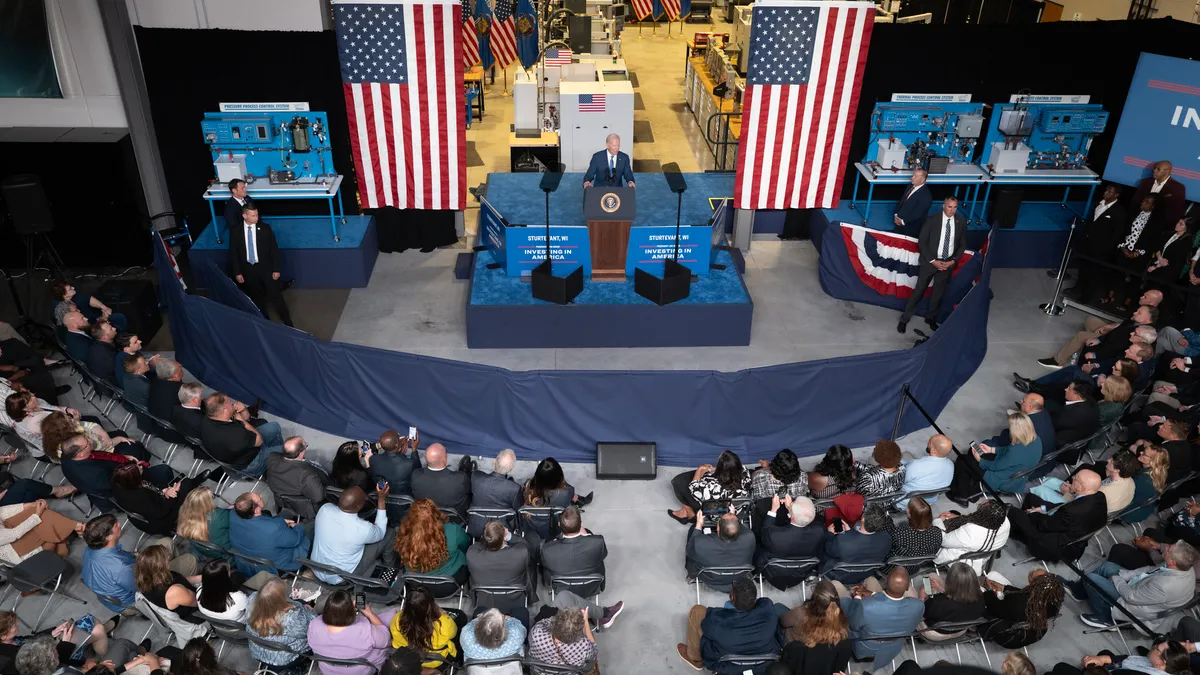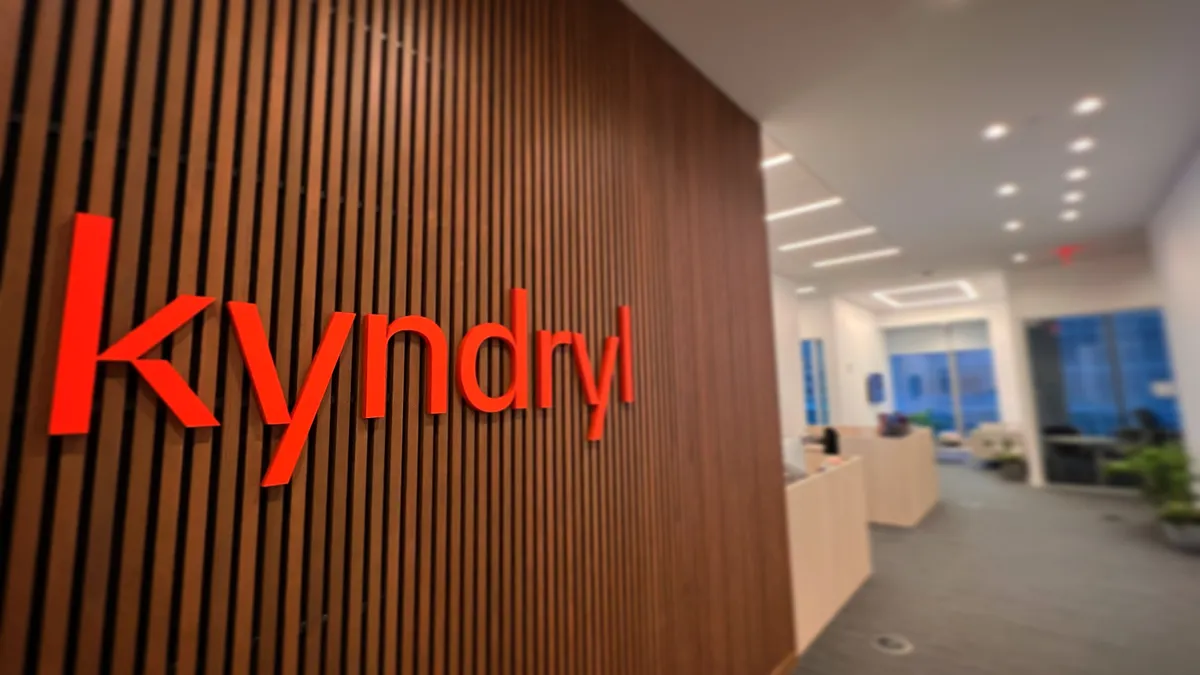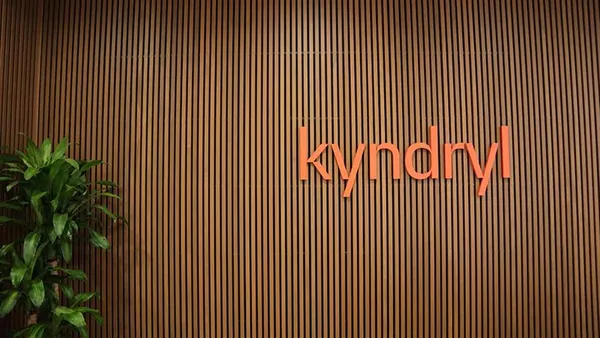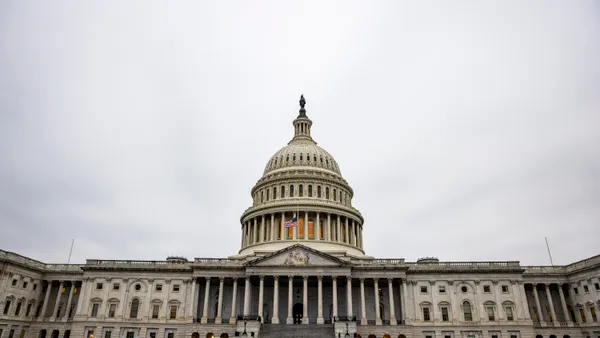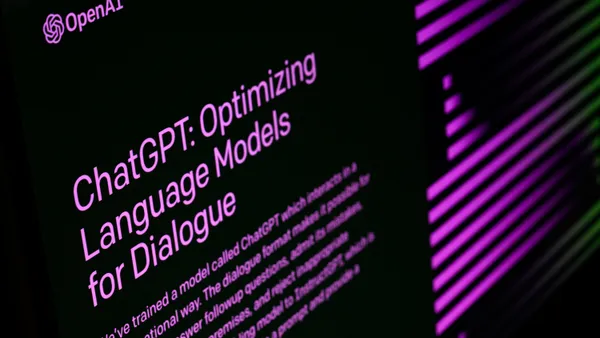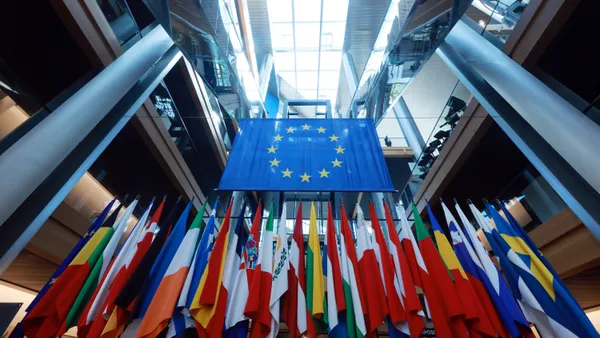Dive Brief:
- Microsoft laid out a $3.3 billion investment plan in Wisconsin Wednesday to expand its cloud and AI infrastructure capacity, establish an AI Co-Innovation Lab for manufacturers and provide generative AI training to locals.
- President Joe Biden joined company executives in Wisconsin to unveil the plans. The tech giant aims to serve 270 Wisconsin companies by 2030 via its AI lab. The lab will connect Wisconsin manufacturers and other companies with Microsoft’s AI experts to design and prototype tools and services to improve work, Microsoft said.
- Microsoft will roll out the four-part investment strategy through the end of 2026. The tech company will build a data center campus and plans to upskill more than 100,000 people in generative AI across the state by 2030.
Dive Insight:
Hyperscalers AWS, Google and Microsoft are crafting comprehensive infrastructure plans to support growing compute capacity needs and investing in states across the U.S.
AWS committed to investing around $21 billion in Indiana and Mississippi earlier this year in a plan to build data centers, representing both states’ largest capital investment. Google said it was planning to invest $3 billion to build and expand data center campuses in Virginia and Indiana last month.
Hyperscaler data center buildouts and upgrades are expected to nearly triple cloud compute and storage capacity in the next six years, according to a Synergy Research Group report in October. High-intensity generative AI workloads are part of the driving force behind the expansion.
Oracle, a junior member of the hyperscaler club, pledged $10 billion in March to build out data capacity in the U.S. next year.
As tech providers upgrade data center plans, talent is part of the puzzle.
Microsoft said it will train more than 1,000 students over the next five years to work in its Wisconsin data center and other IT sector jobs created in the area. Many tech vendors have coupled investment rollouts with upskilling and certification opportunities for local talent and students.
The push could benefit nearby enterprises, too.
Finding skilled talent to support cloud and AI goals can be challenging. Openings for AI roles accounted for more than 1 in 10 of all tech job postings in April, according to a CompTIA review of the U.S. Bureau of Labor Statistics.
Energy needed to power growing data center campuses and AI workloads is another factor tech providers are considering as plans take shape.
As part of Microsoft’s Wisconsin investment, the company will partner to build a 250-megawatt solar power project, which is expected to begin operating in 2027. The power of the new plant will push Microsoft into using an amount equivalent to what’s needed to power more than 3 million homes, Microsoft said.



